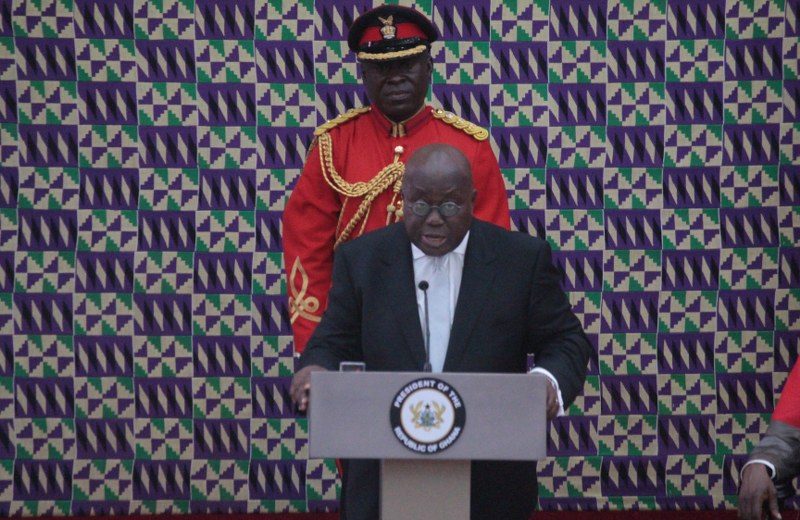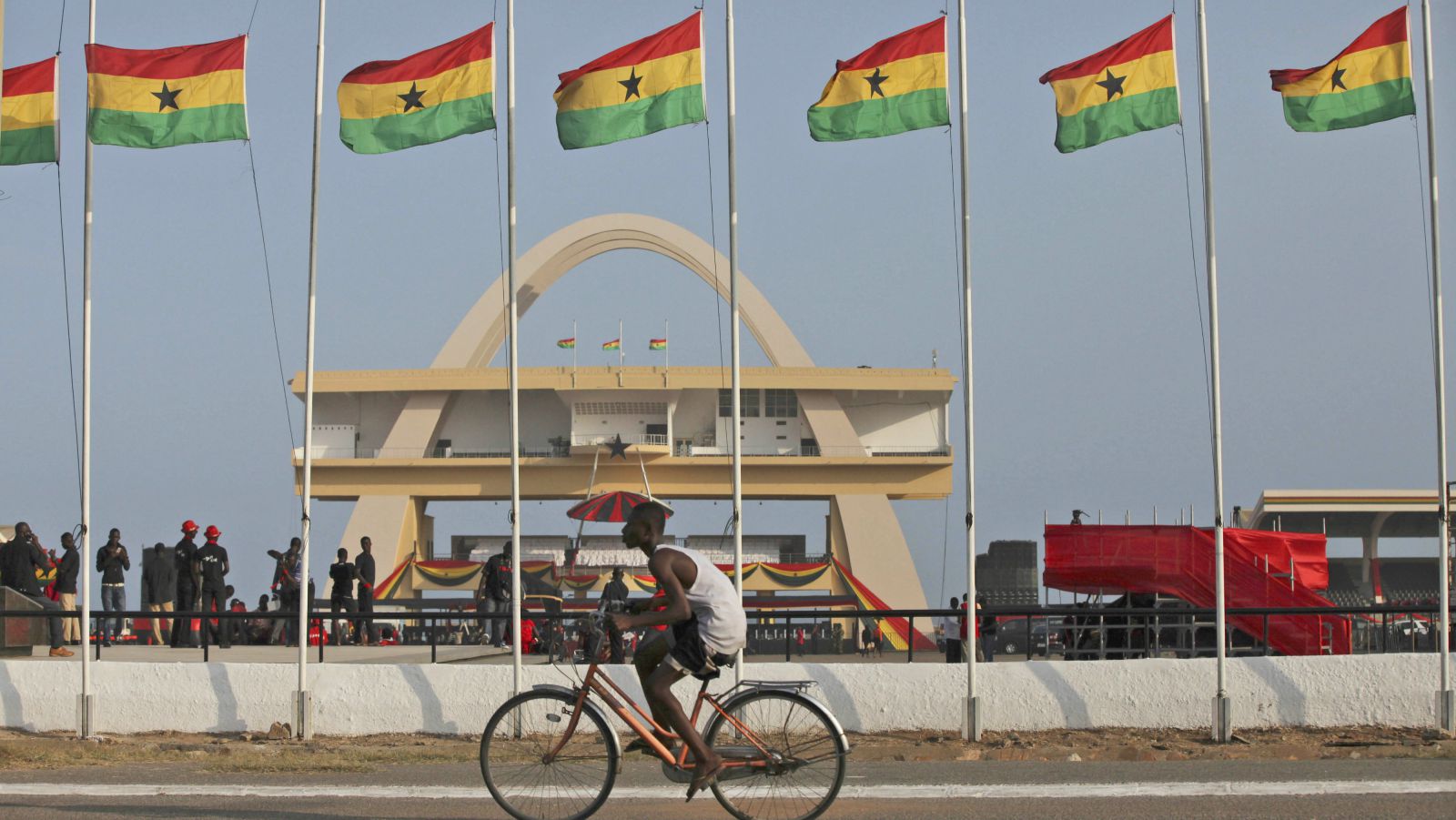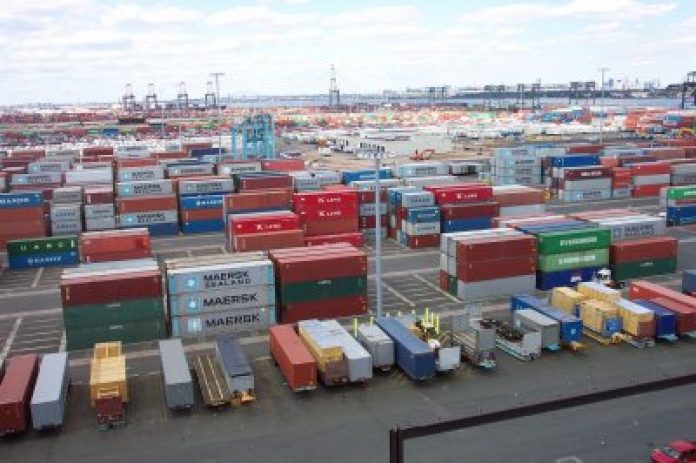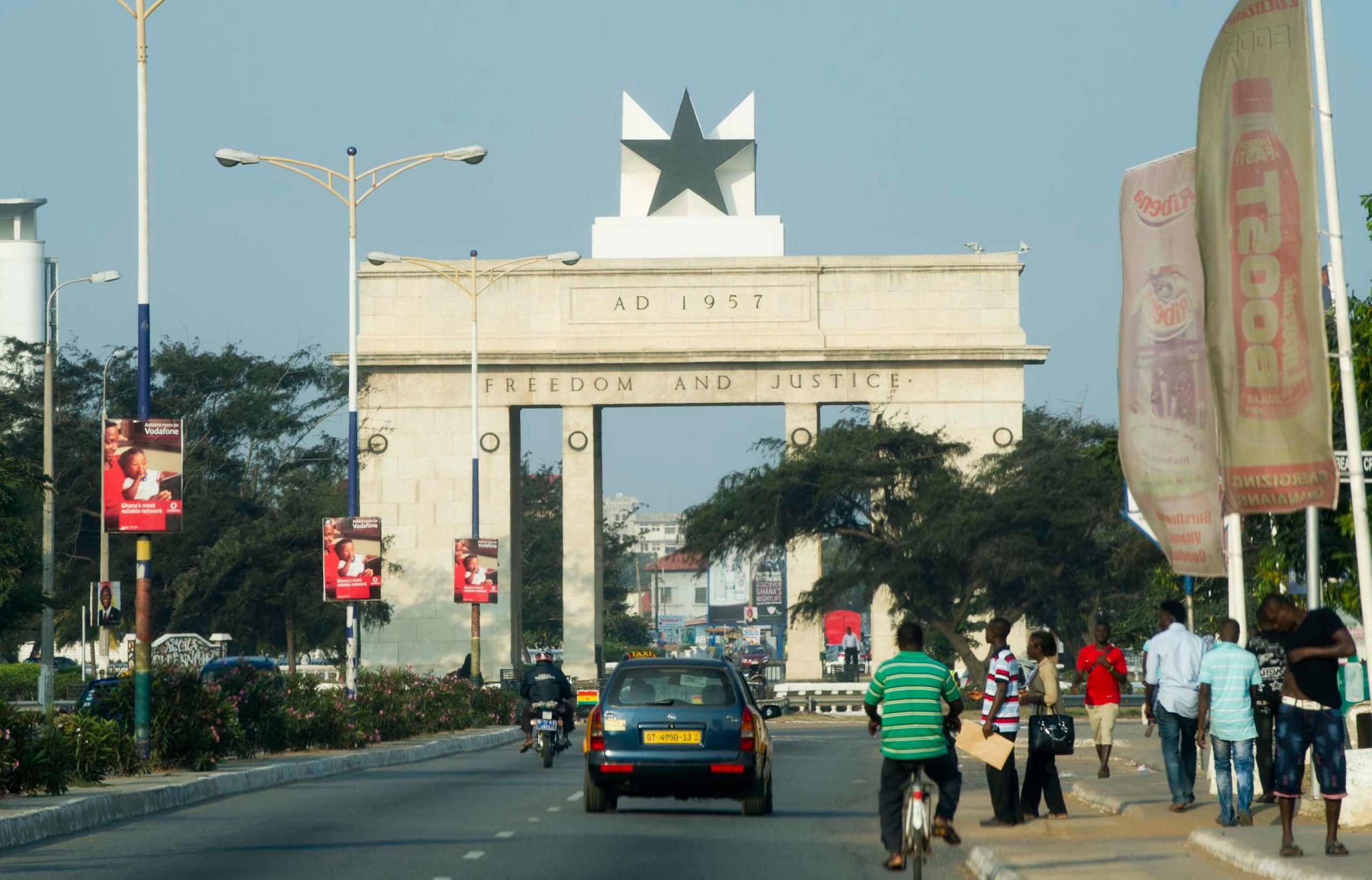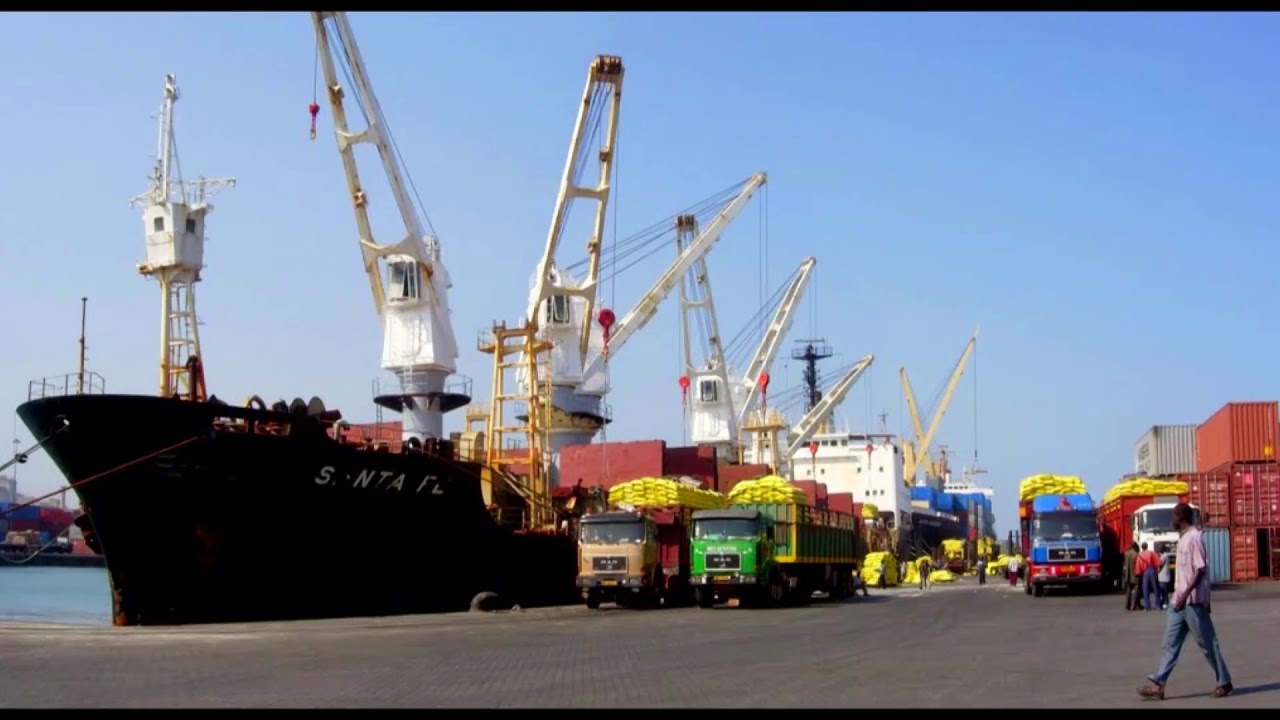A strong economy creates opportunities and inspires more people to start new businesses. In much the same way, a strong economy encourages existing businesses to make new investments to grow and expand. Our goal is simple – to build the most business-friendly and people-friendly economy in Africa; one that will create jobs and prosperity for all Ghanaians. We will ensure that growth is socially responsible, diversified, spread geographically, comes from genuine value addition, and is environmentally sensitive and fair to all participants in the economy, including labour. To accomplish this, we will focus on growing the economy and creating wealth and prosperity for the vast majority of Ghanaians through the empowerment of the private sector Our goal includes achieving double-digit GDP growth annually for the next four years. We will reduce the cost of doing business, maintain fiscal discipline, reduce government borrowing and reduce interest rates to spur private sector investment. Our economic programme will enhance agricultural production and productivity, along with a transformation of the economy through value addition to our raw materials in a process of rapid industrialisation. There will be an increase in infrastructure expenditure as a percentage of GDP to eliminate critical bottlenecks in the areas of roads, rail, aviation, water, sanitation and energy, and we will distribute infrastructure fairly and comprehensively across all parts of the country. The government will invest in our people through the provision of quality education and health care, as well as affordable housing. The role of government is to provide an enabling environment for the private sector to thrive, as well as putting in place social policies to protect the disadvantaged and vulnerable in society. In particular, the government will implement policies to invest in rural and coastal areas, Zongo settlements and inner-city communities. The government will restore and maintain macroeconomic stability through the pursuit of sound policies on the basis of an enhanced institutional framework.
READ MORE: Decision time for government on IMF deal
Macroeconomic stability is built around three pillars: monetary discipline, fiscal discipline and financial stability. To reinforce monetary discipline, the Bank of Ghana Act 2002 (Act 612) established the Monetary Policy Committee to guide the implementation of monetary policy. The other two pillars – fiscal discipline and financial stability – have no such institutional anchors. To address fiscal indiscipline, the IMF recently insisted on the passage of the Public Financial Management Act. However, the law as enacted is woefully inadequate because it lacks the key elements to protect the public purse from abuse.
As it stands, fiscal policy implementation lacks three basic elements: absence of a transparent institutional arrangement for providing quality fiscal information to the public, a mechanism for ensuring accountability in implementing optimal fiscal policies to guarantee the stability of the system, and an institution to ensure the credibility of fiscal projections provided by the government.
READ MORE: Ghana calls for US policy on Africa
To address the problem of high public debt levels and the country’s high risk of debt distress, the government will adopt and implement rules to anchor fiscal policy implementation. For example, there will be specific targets for the reduction of government borrowing and debt. In this regard, the government will enact a fiscal responsibility law to bring comprehensiveness, accountability, transparency and stability to the entire budgetary process. Under this law, a fiscal council would be established to contribute to the accountability of government, with responsibility for setting up medium-term fiscal policy anchors to guide fiscal policy as well as to monitor compliance. Over the long term, the government will establish a financial stability council that is well grounded in law. Its mandate will include assessing the vulnerabilities affecting the stability of the financial system.
Source: Oxford Business Group


